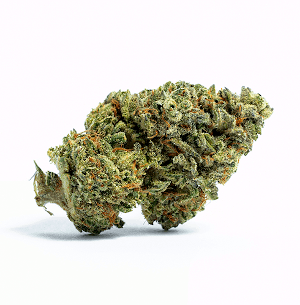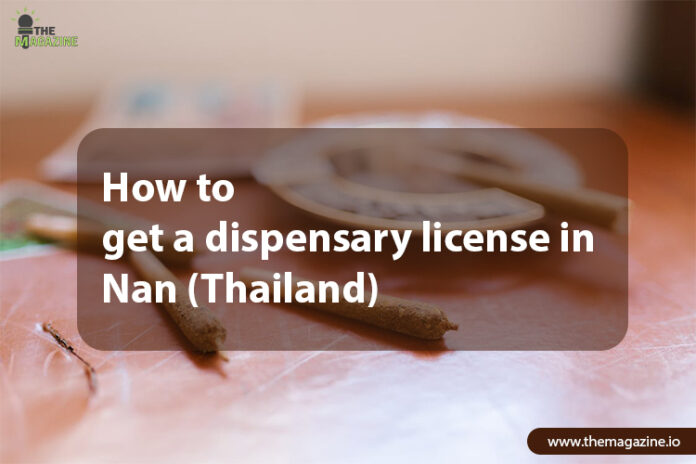How to Get a Dispensary License in Nan, Thailand
Obtaining a dispensary license in Nan, Thailand, involves a comprehensive understanding of the country’s evolving medical cannabis regulations and strict compliance with local laws. Here’s a detailed guide on how to navigate the process:
1. Understand the Legal Framework: Before you embark on the journey to open a medical cannabis dispensary in Nan, it is imperative to understand the legal framework governing the use and distribution of medical cannabis. As of my last knowledge update, Thailand had legalized medical cannabis under the Narcotic Act of 1979, but specific regulations may differ by province. Familiarize yourself with the relevant local and national laws.
2. Eligibility Requirements: Determine the eligibility criteria for obtaining a dispensary license in Nan. This can include factors such as residency, citizenship, and financial stability. It’s essential to confirm whether there are any specific requirements for individuals or entities seeking a license in your region.
3. Business Structure and Licensing Entity: Decide on the structure of your dispensary business. In Thailand, you may need to establish a legal entity such as a company to operate a cannabis-related business. Consult with a local attorney or legal advisor to understand the legal requirements for establishing your business.
4. Team and Expertise: Assemble a team with the necessary expertise and experience in the medical cannabis industry. This might include individuals with a background in healthcare, pharmacology, or botany. Having a qualified team can strengthen your application and enhance the credibility of your business.
5. Secure Funding: Ensure you have the necessary financial resources to cover the costs of setting up and operating a cannabis dispensary. This can include expenses related to the facility, staff, compliance, and more. Having a solid financial plan is essential to demonstrate your capability to meet the requirements.
6. Compliance with Regulations: Study the regulations in Nan, Thailand, carefully. You must understand and be prepared to comply with the specific requirements for obtaining a dispensary license. This may include security measures, product quality standards, record-keeping, and more.
7. Application Process: The application process for a dispensary license typically involves several steps, but these can vary by region. The following are common components:
- Business Plan: Prepare a comprehensive business plan that outlines your operations, security protocols, and compliance strategies.
- Application Submission: Submit the application to the relevant local or national authorities. Be prepared to pay any associated application fees.
- Background Checks: Undergo background checks to assess your suitability to operate a medical cannabis dispensary.
- Documentation: Provide comprehensive documentation to demonstrate your compliance with all relevant regulations.
8. Security Measures: Implement robust security measures within your dispensary. Security is of utmost importance in the cannabis industry to prevent unauthorized access and the diversion of products to the illicit market. Your facility should typically have surveillance systems, access control, and other security features as required by local regulations.
9. Facility Requirements: Ensure that your dispensary facility meets the specific requirements outlined in local regulations. This may include criteria related to location, size, hygiene standards, accessibility, and more.
10. Product Sourcing: Establish relationships with licensed cannabis cultivators or suppliers to ensure a consistent and legal supply of medical cannabis products for your dispensary. Compliance with the sourcing regulations is crucial.
11. Training and Education: Train your staff on the responsible and legal sale of medical cannabis products. They should be knowledgeable about different strains, dosages, potential benefits, and possible side effects of each product.
12. Documentation and Record-Keeping: Maintain meticulous records of all transactions and activities within your dispensary. This is often a legal requirement and is crucial for regulatory compliance.
13. Inspections and Audits: Be prepared for regular inspections and audits by local authorities. They will assess your adherence to regulations and the quality of your operations.
14. Marketing and Community Engagement: Develop a responsible marketing strategy that adheres to advertising restrictions set by the law. Engage with the local community to address any concerns or misconceptions about medical cannabis. Building trust and transparency is essential.
15. Patient and Customer Support: Provide support and education to patients and customers to ensure safe and responsible use of medical cannabis products. This can include information on proper dosages, usage, and potential interactions with other medications.
16. Track Regulatory Changes: Stay informed about any changes in local and national regulations related to medical cannabis. Compliance with evolving laws is essential to maintaining your license. Regulations can change, so you must adapt as needed.
17. Renewal and Reporting: Understand the requirements for license renewal and any reporting obligations that come with it. Compliance should be ongoing and consistent.
Dispensary license in Nan, Thailand, may have changed since my last update. It’s essential to consult with local legal authorities and experts in the field for the most current and accurate information.



